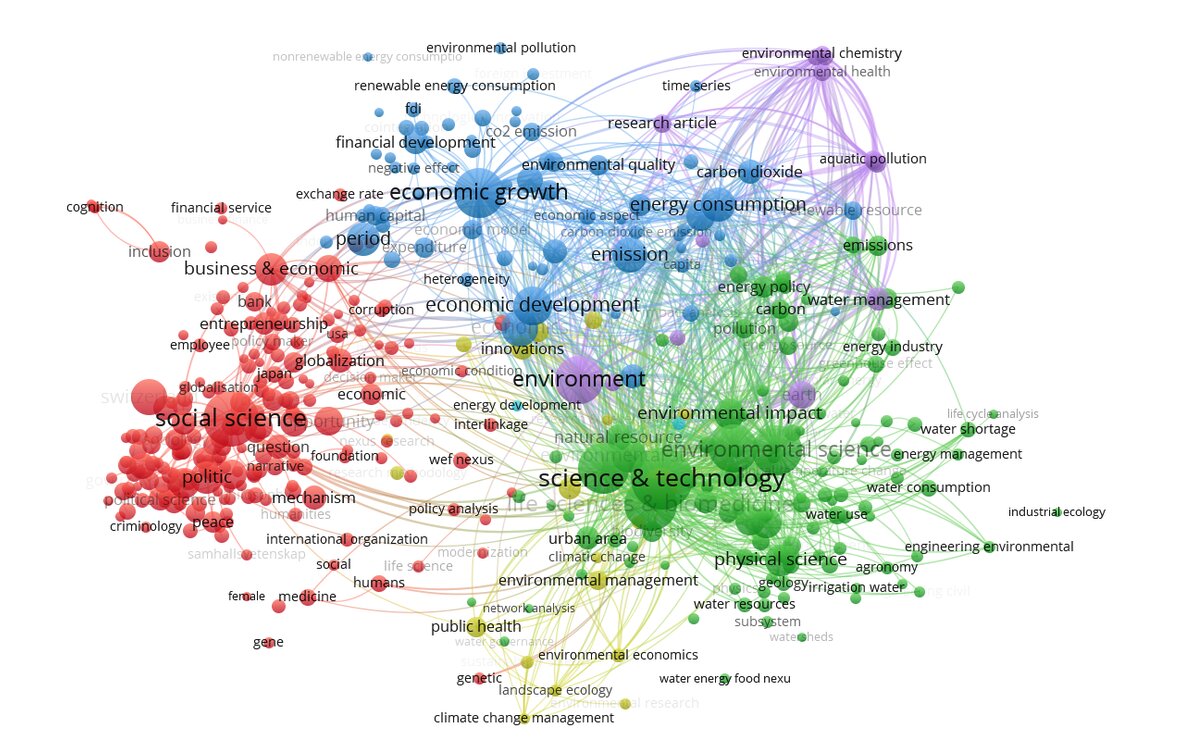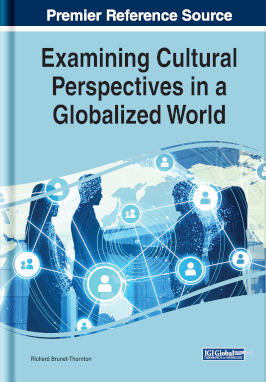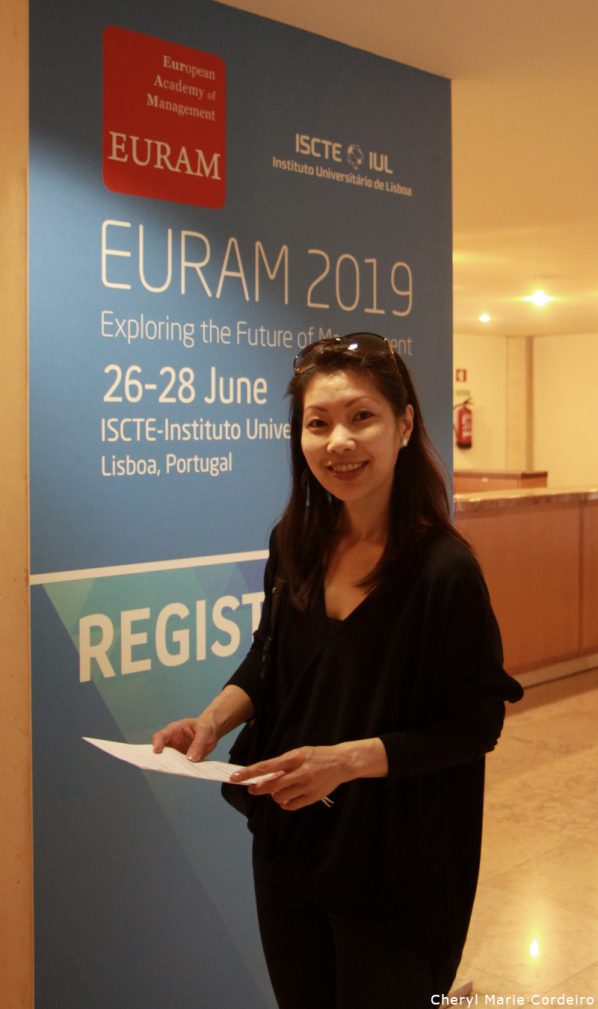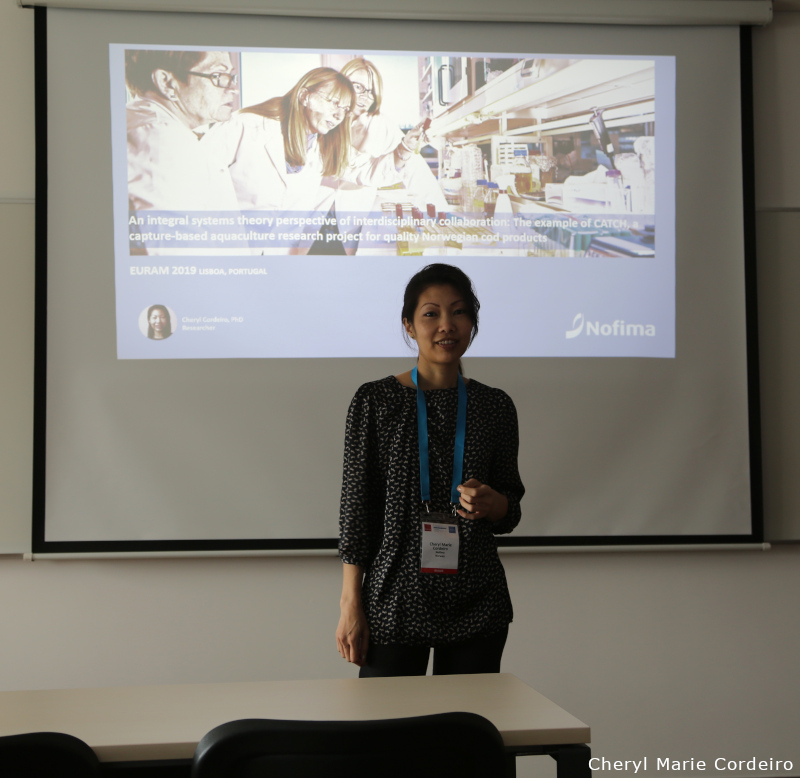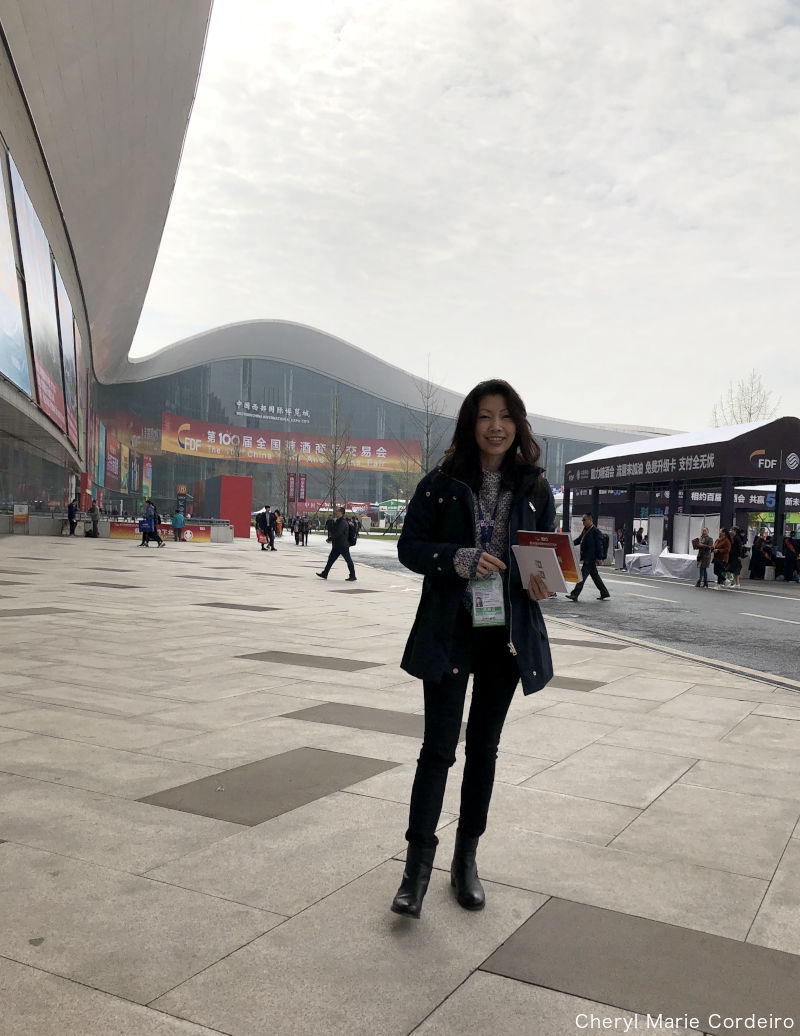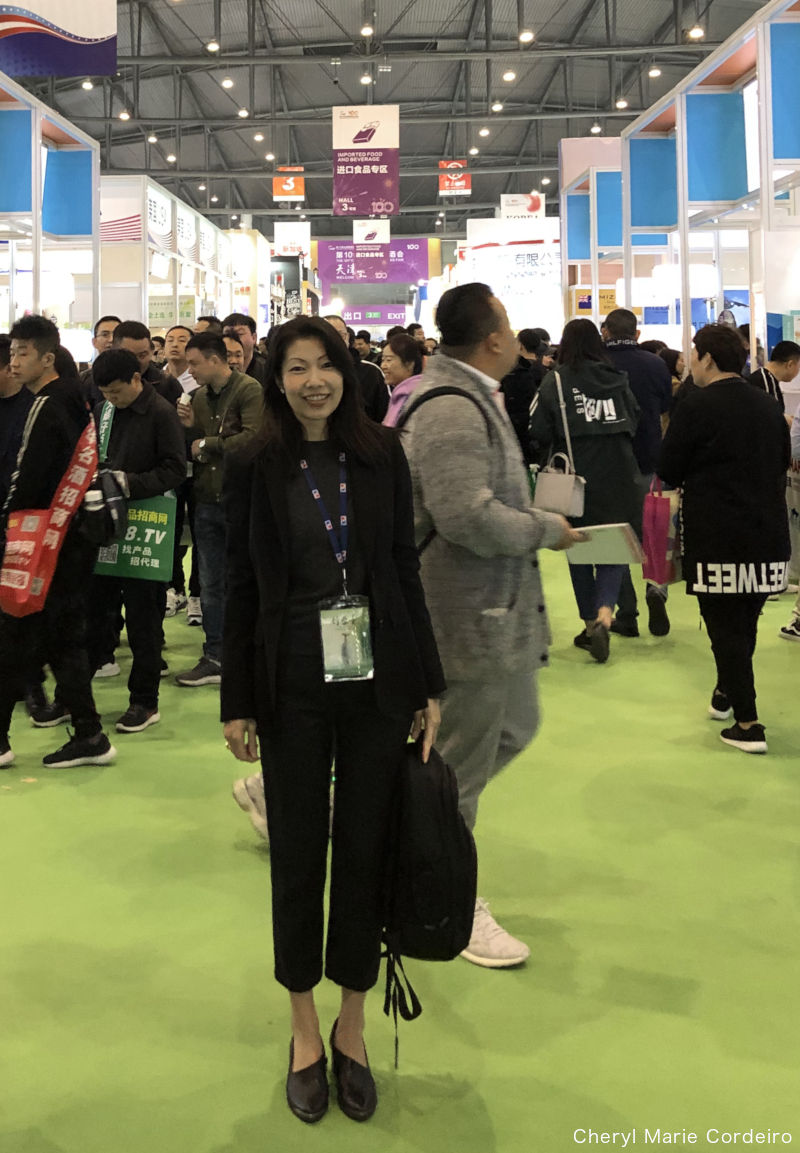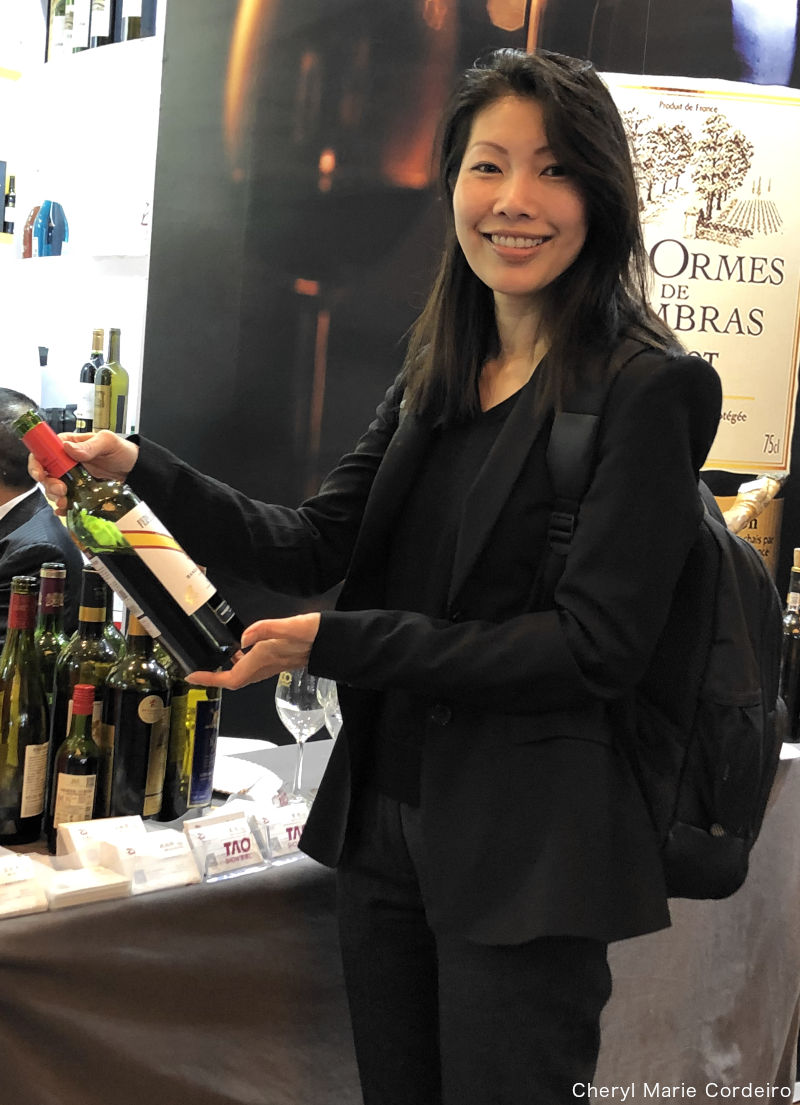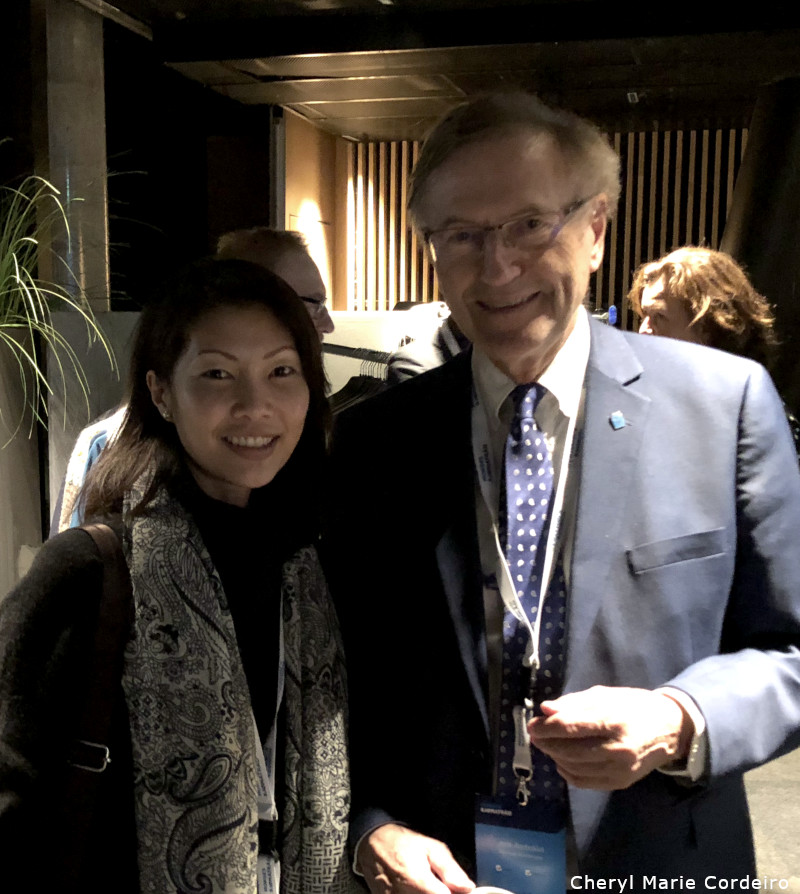The new nordic cuisine (NNC) was introduced as a kitchen manifesto in 2004 by a group of interested stakeholders with the idea to launch healthier, mor sustainable consumption in the Nordic countries. The field of culinary and gastronomic science is an enigmatic combination of old and new, tradition and innovation. In the home kitchen, it borders on blasphemy to alter / modify grandmother’s recipes. In professional kitchens, young and aspiring chefs are told to strictly not innovate or mess with their mentor’s tried and tested recipes if they wanted success. So how does innovation take place in an environment that is bounded by traditionality and conservatism?
Diversity is essential.
Organization is key to success.
Common key tenant of diversity management (?) — HERE?
Example 1
Example 2
Example 3
Common key tenants of diversity management? — HERE?
Conclusion, the examples illustrate how entrepreneur chefs combine/balance diversity which is essential for creativity and innovation with efficient organization for success in the elite echelons of the culinary and gastronomic field.
